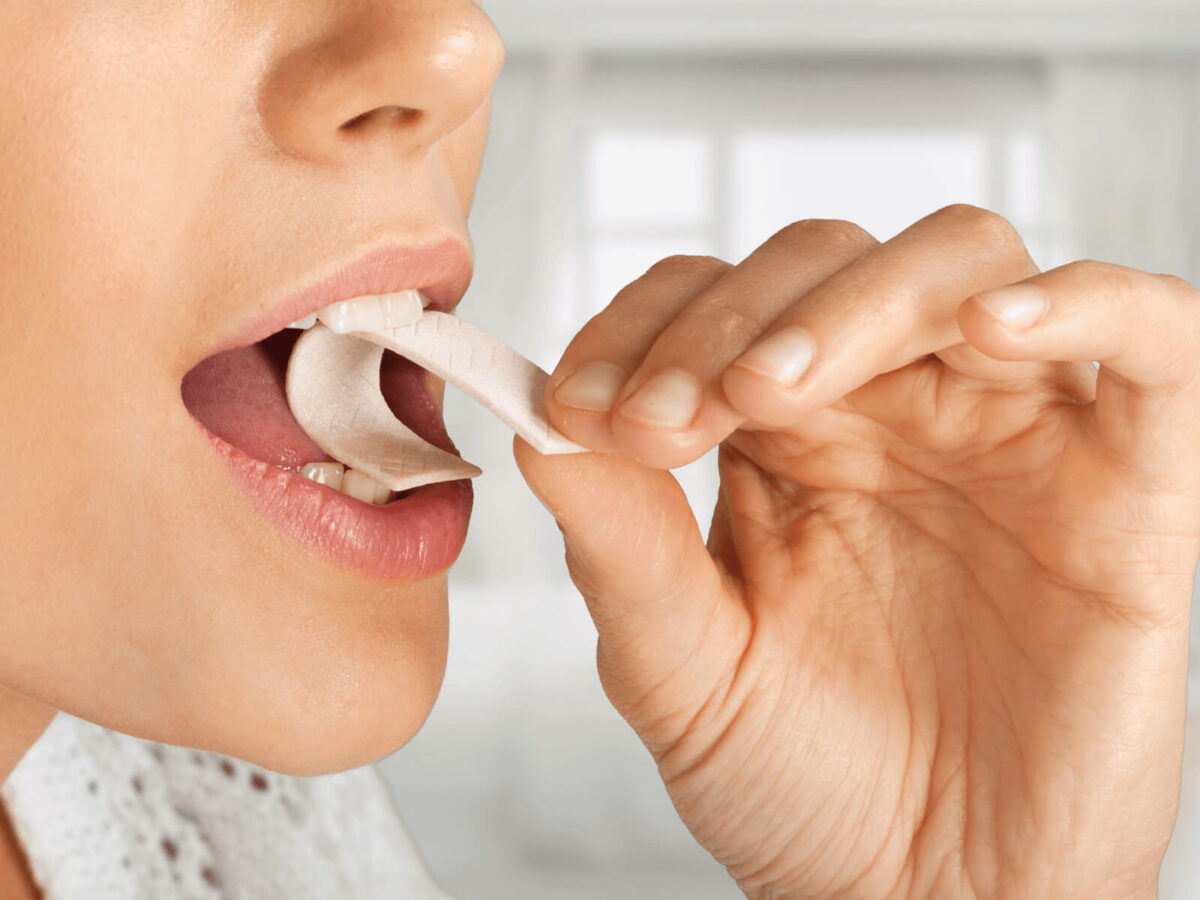Blog
Dental hygiene tips for healthy teeth & gums

Chewing Gum: Good Or Bad For Dental Health?
Let’s be honest, chewing gum is the most normal thing for people to do. You grab a piece after lunch, maybe to kill time or freshen up before a meeting, and that’s that. But have you ever stopped to wonder if it’s actually doing something to your teeth?
Depending on what kind of gum you’re chewing and how often, it could be either a little boost for your mouth or something not so good.
What’s Really in Your Gum Matters More Than You Think
Not all gum is the same. The sugary kind that tastes amazing? Probably not doing your teeth any favors. Chewing that sweet, candy-flavored flavored is simply feeding the bacteria into your mouth. They turn that sugar into acid, which then messes with your enamel.
Now, if you go for sugar-free gum, especially ones that have something called xylitol, it’s a whole different story. That stuff actually helps reduce bad bacteria and even protects your teeth a bit.
Basically, if your gum has sugar in it, it’s not doing your teeth any favour. But the sugar-free stuff? That’s where the good stuff happens. Easy choice, really.
Benefits of Chewing Gum for Oral Health?
Most of us just chew gum out of habit, maybe to avoid snacking, or just because we’re bored. Doesn’t seem like it does much, right? But it actually does more than that, if it’s sugar-free, that is.
For starters, it gets your saliva flowing. And saliva? Super underrated. It removes food bits, helps fight off acid, and keeps your mouth from getting dry. Another benefit is that chewing helps clean your teeth when you can’t brush immediately, like after a quick lunch or a coffee break. It obviously cannot replace brushing, but it can buy you some time.
Oh, and chewing gum for bad breath? Total lifesaver. It doesn’t just mask smells, it helps deal with the dry mouth that usually makes bad breath worse. So yeah, gum can be your friend, as long as you’re picking the right one.
But Hold Up, Gum Isn’t Perfect
Now, just because it has benefits doesn’t mean it’s risk-free. A lot of people don’t realize it, but chewing gum all day can cause jaw problems, especially if you already have issues like TMJ.
That constant motion? It can wear out your jaw joints and muscles over time. Some people can also get headaches from it.
Also, weirdly enough, chewing too much gum can mess with your stomach. Ever get bloated after a few pieces? That’s probably from swallowing too much air while you’re chewing.
So yeah, gum has its limits. A piece or two after a meal? Great. But too much of it for no reason? Maybe you need to slow down.
What Type of Gum To Go For?
There’s no need to get super technical, but a few basics always help. A gum that says “Sugar Free” right on the label is a better choice. Bonus points if it mentions xylitol, that’s the ingredient dentists usually like.
And maybe steer clear of stuff with a million chemicals or colors you can’t pronounce. If it looks like candy and tastes like dessert, it’s probably not helping your teeth.
If you’re still not sure, your best bet is to ask someone at the Rio Bravo Dental Office in NM. They’ll know what brands are actually doing good things for your teeth and which ones are just sugary junk in disguise.
How Often Is Too Much?
People chew gum like it’s a job. If that’s you, it might be time to cool it a bit.
According to most dental folks, including those at the Rio Bravo Dentist in NM, chewing a piece of sugar-free gum for about 15–20 minutes after a meal is solid. That gives your mouth time to clean itself out a bit without overworking your jaw.
Chewing all day, though? That’s when your jaw might start to hate you.
Gum Is Helpful, But It’s Not a Miracle
Just to be clear, chewing gum can never be a replacement for brushing and flossing. That part never changes.
Gum can help you clean up after meals, freshen your breath, and keep your saliva flowing, sure, but if you’re skipping brushing and relying on gum alone, it’s not gonna end well.
Think of gum like a sidekick; it’s useful, but it’s not the hero. The basics (brushing, flossing, and regular dental checkups) still do the heavy lifting.
So, Is Chewing Gum Good or Bad?
If you’re still wondering whether gum is good or bad for your teeth, here’s the quick version:
- If your gum is sugar-free, and you’re not chewing too much of it, it can actually be helpful
- It’s good for saliva, breath, and even protects enamel a bit
- But chewing too much or choosing the wrong kind can backfire
And if you’ve got jaw pain, weird headaches, or just aren’t sure if gum’s working for you or against you, don’t guess. Visit a Rio Bravo Dentist, NM, and have them take a look. It’s better to get real answers than hope for the best while chewing through a pack a day.
Final Thought? Gum’s not a villain. It’s just misunderstood. Pick the right kind, use it the right way, and it might just be the easiest little win for your dental health.


